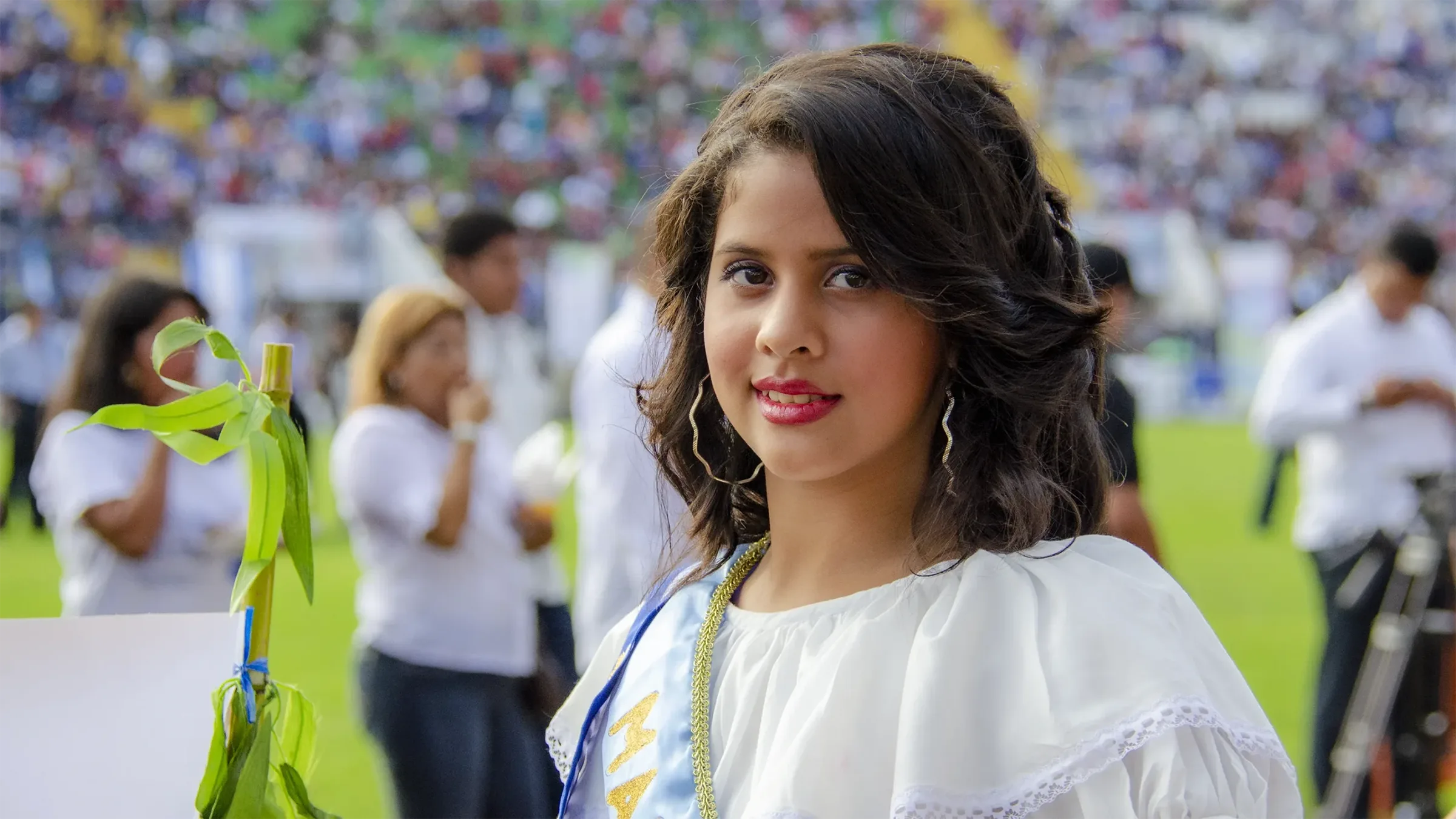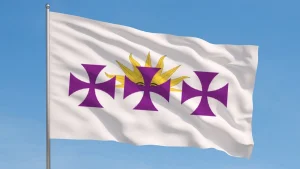January 25 – Honduran Women’s Day

Today, January 25, the special day for Honduran Women is celebrated in the national territory. Honduran men and women celebrate Honduran Women’s Day in commemoration of the first political conquest of women in Honduras by obtaining the right to vote in the government of Julio Lozano Díaz in the year 1955.
Right that they exercised for the first time in the elections of 1957 , which was not without its limitations, such as the fact that only women who could read had the right to vote, despite the fact that most of them were illiterate at that time.

History of the Honduran Women’s Day
On January 25, 1954, the boxes and corridors of the National Congress of Honduras were packed with women who had come there to witness the last debate on a new initiative, presented by a group of deputies, to institute women’s suffrage.
This time, the results of the debate were predictable: among the representatives of the Chamber there was a consensus that «it was time» that could not be postponed to grant Honduran women their political rights.
After the opinion of the First Commission of Legislation was read and discussed, which was favorable to the decree project, 17 of the 47 deputies present reasoned their vote in favor of the project and, afterwards, it was put to the vote and approved by unity.
The women who had come to the Chamber as spectators cheered the legislators and sang the national anthem.
Conquest of the Political Rights of women in Honduras
The Decree that granted Honduran women their political rights had to be ratified in the 1955 legislature, after the general elections of October 1954.
Three presidential candidates faced each other: Tiburcio Carías Andino, for the National Party; Abraham Williams Calderón, for the National Reformist Movement and Ramón Villeda Morales for the Liberal Party.
The latter obtained the majority of the votes in the electoral contest, but not the absolute majority of the votes necessary to become, according to the Constitution, President of the Republic. Then it was up to the Parliament, controlled by the National Party, to clarify the problem of the presidential succession.
For this purpose, the deputies were to meet on December 5, 1954, but most did not attend the parliamentary session to prevent Villeda Morales from assuming the presidency.
As a consequence, the constitutional order was broken and Julio Lozano Díaz, who since November of that year had been acting President of the country, declared himself «Supreme Head of State.»
The right to vote is granted to women in Honduras
On January 24, 1955, Decree Law No. 29 was issued by means of which PM Julio Lozano Díaz, Supreme Head of State, optionally granted the right to vote and to run for public office.
This decree limited the use of such rights:
- Only men and women over 21 years of age could act as citizens.
- Men and women over 18 years of age who were married or knew how to read and write.
Honduran women considered their victory very valuable and prepared to continue the fight and obtain them in a broader and more egalitarian way.
The document Decree Law No. 29 was delivered by the Government to the Federation of Women’s Associations FAFH on January 25, 1955, having declared this date as the «Honduran Women’s Day».
Reform of Decree No. 30
(Constitution of Honduras of 1936 on January 28, 1954)
The National Congress decrees:
Article 1.- Reform Articles 24, 27 and 171 of the current Political Constitution, which will read as follows:
«Article 24.- Honduran citizens are:
- Men and women over 21 years of age;
- Men and women over 18 years of age who are married; Y,
- Men and women over 18 years of age who can read and write.
» Article 27.- Active voting is a public function, mandatory and inalienable for men and optional for women .»
Article 2.- This decree will be constitutionally ratified in the next legislature and will enter into force immediately after its sanction.
Given in Tegucigalpa, DC, in the Sessions Hall, on the twenty-sixth day
of the month of January, one thousand nine hundred and fifty-four:
F. Salomón Jiménez, President.
Eliseo Pérez Cadalso, Secretary.
Jerónimo Suazo Alcerro, Secretary.
To the Executive Branch. Therefore: Run.
Tegucigalpa, DC, January 28, 1954.
Juan Manuel Galvez.
The Secretary of State in the Offices of the Interior,
Justice, Health and Welfare, by Law.
C. Colindres Zepeda.
Once decree No. 30 was approved, granting the right to vote to Honduran women, in the parliamentary session of January 25, 1954, Eliseo Pérez Cadalso made the following motion: «I very respectfully come to make a motion in the sense that the august National Representation observe a minute of silence in tribute to the memory of three illustrious parliamentarians who have disappeared.
They are Dr. Policarpo Bonilla, General Mariano Bertrand Anduray and Dr. José Máximo Gálvez, noted exponents of Honduran feminism. And I most cordially excite the noble, hardworking and charming women of our land to bring to their true graves, fresh and fragrant flowers as a testimony of recognition.
The motion was approved unanimously and, at that very moment, a commission of deputies was appointed to accompany the women to the cemetery.
Honduran Women in Honduras
January 25 marked the beginning of the political and public career of Honduran women, a career that today is exercised with the professionalism and discipline that characterizes women in our country. Although
Since 1955, women have been conquering space in politics, sports and culture and there are multiple professional achievements of many of them at a national and international level, among them the following stand out:
- Lucila Gamero de Medina (One of the first Honduran novelists)
- Clementina Suarez (Poetess)
In 2015, the National Congress of Honduras has approved various laws that benefit Honduran women:
- Equal Pay Law in Honduras
- Law for the National Solidarity Credit Program for Rural Women «Credimujer»
- Decree 31-2015 Amendment to articles 30,39,68 and 70 of the Family Code.



